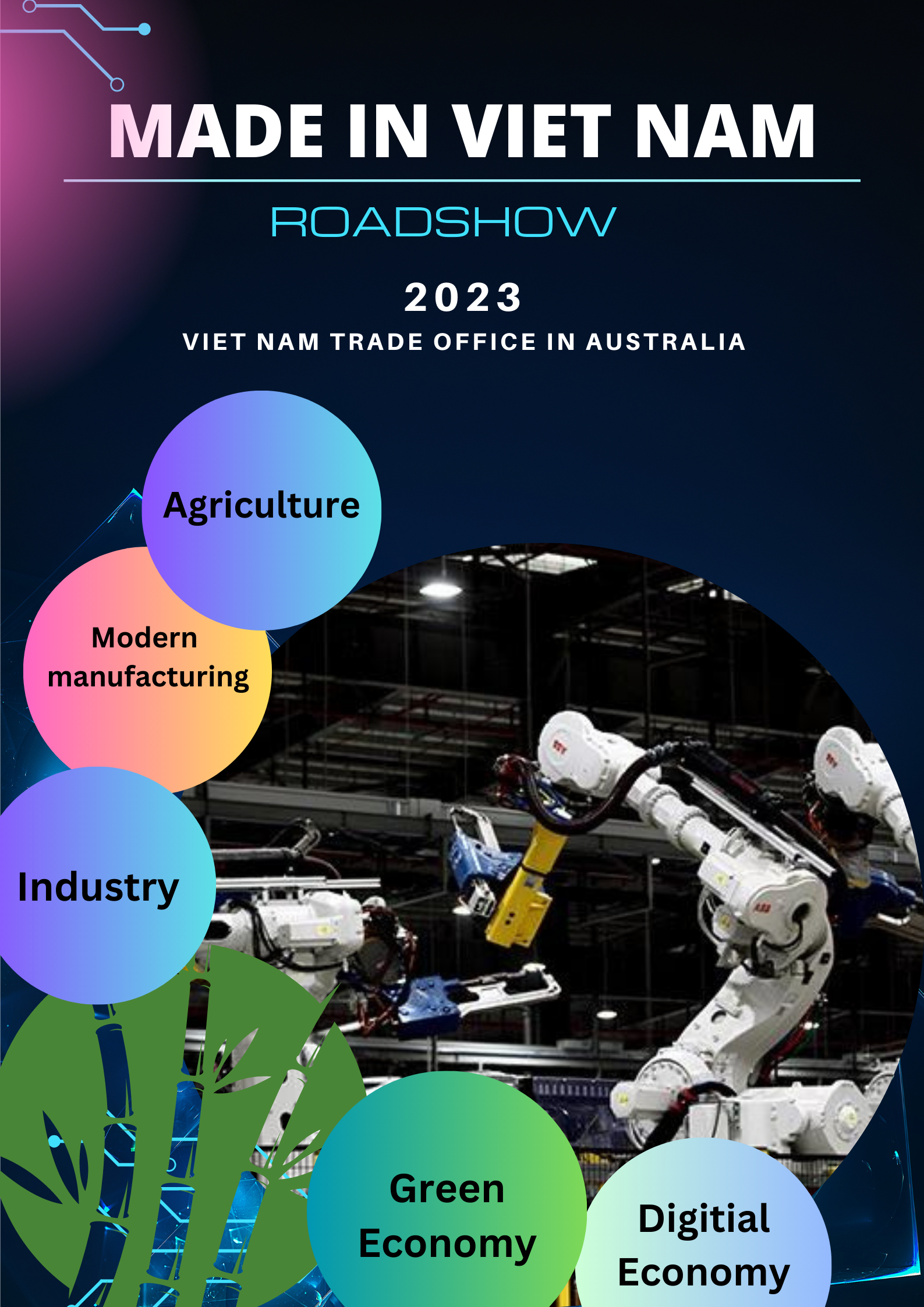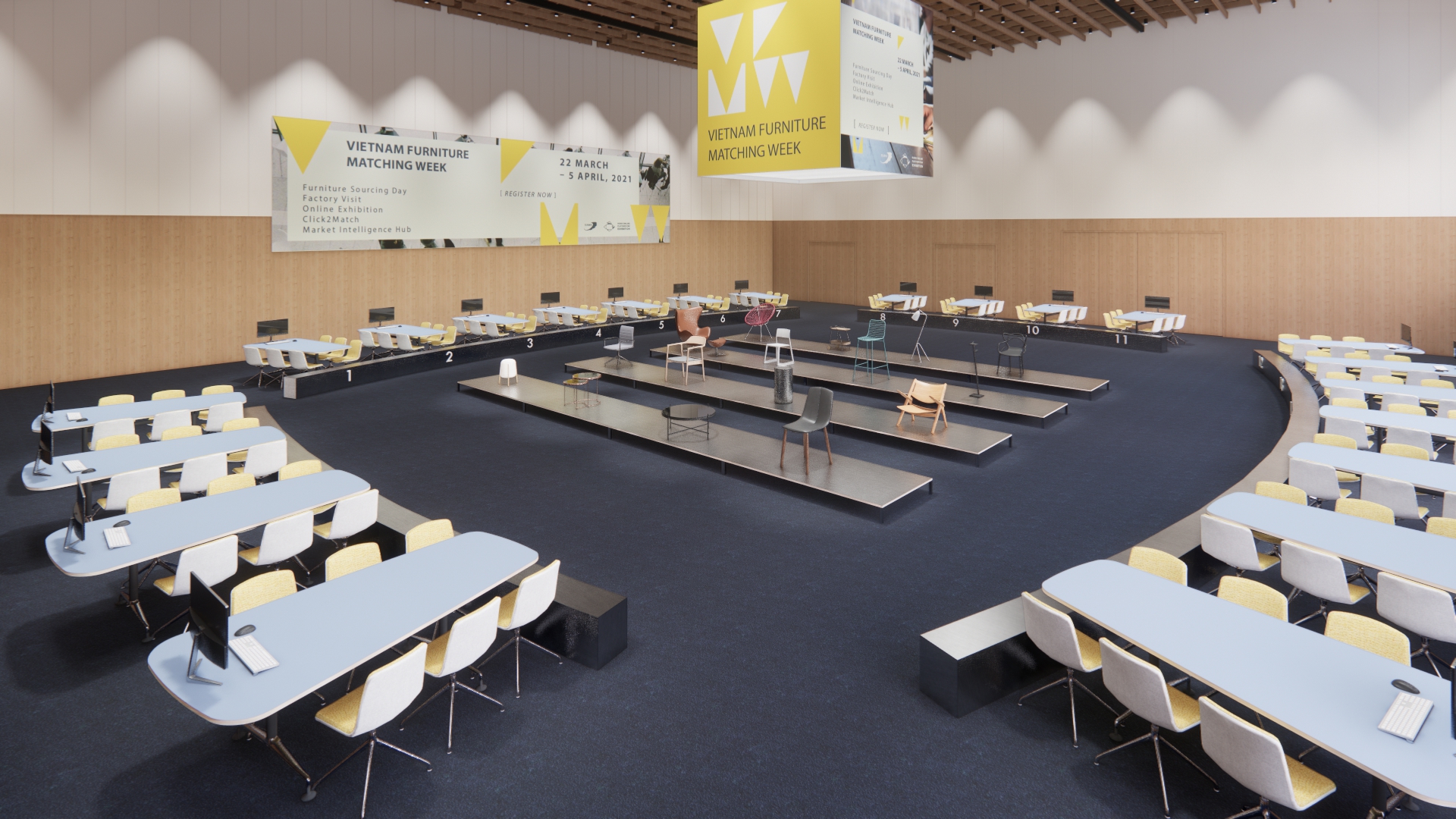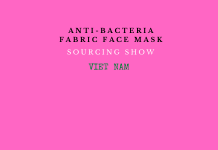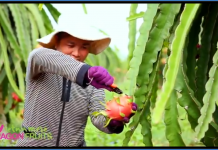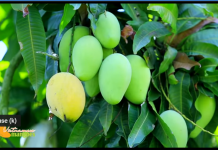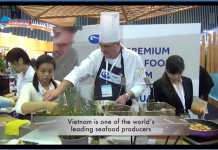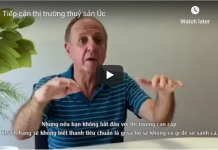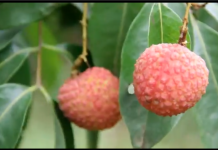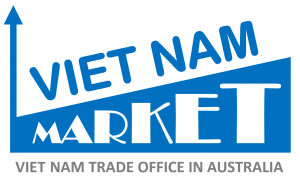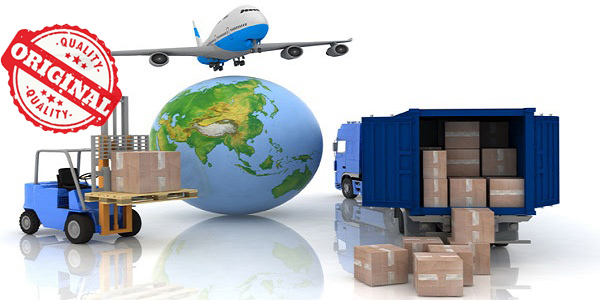Following the relevant customs procedures when importing or exporting goods from Vietnam is one of the most vital aspects of doing business in a country where manufacturing costs are leveraged to its favor. Goods to be imported or exported are subject to the relevant customs clearance standards, which effectively check the quality, specifications, quantity and volume of the goods. Currently, these standards are set out under Law No. 54/2014/QH13 on Customs as well as numerous implementing decrees and guiding circulars.
Following the standards set by the Vietnamese government, certain imported goods are subject to inspection. For example, imported pharmaceuticals must undergo testing and also include documents detailing product use, dosage and expiration dates (written in Vietnamese), which must also be included in or on the product packaging.
Customs documents required in Viet Nam
Companies that import or export goods must submit a dossier of documents to the customs authorities. The dossier must include at least the company’s business registration certificate and import/export business code registration certificate. The following are additional documents that may be requested by authorities depending on the imports in question:
Imported goods require the following documents:
- Bill of lading;
- Cargo release order;
- Commercial invoice;
- Customs import declaration form;
- Inspection report;
- Packing list;
- Technical standard/health certificate; and
- Terminal handling receipts.
Exported goods need the following:
- Bill of lading;
- Certificate of origin;
- Commercial invoice;
- Customs export declaration form;
- Packing list; and
- Technical standard/health certificate.
Processing times
Export shipment procedures are typically completed on the same day. Import shipments typically take around 1 to 3 days to complete for full container loads (FCL) and less than container loads (LCL), respectively.
According to Vietnamese Customs, companies that regularly export and import the same exact goods within a given period may use a single customs declaration form for carrying out the relevant customs procedures if the goods are listed under the same purchase and sales contract and are delivered within the delivery time listed on the purchase contract.
Priority customs treatment
For those seeking to reduce customs compliance costs in Viet Nam, it is possible to apply for priority treatment. Under priority treatment, qualifying companies will become eligible for a range of benefits that are sure to reduce customs clearance times and thus reduce costs.
Qualifying for priority treatment
Companies that meet the following standards, outlined under Decree No. 08/2015/ND-CP, will become eligible for preferential customs treatment:
- Compliance with the law on customs and taxation from the date on which the enterprise files a priority application for a period of two years.
- Compliance with the law on accounting and auditing and subsequent compliance with Vietnamese Accounting Standards (VAS)
- Maintenance of a system and process for managing, monitoring and controlling import and export supply chains.
- Maintenance of specific export and import turnover requirements. For those importing and exporting, an annual turnover of US$100 million is required. For those exporting goods made in Vietnam, an annual turnover of just US$40 million has been set while Vietnamese exporters of agricultural goods are only required to show turnover of US$30 million.
Benefits afforded under priority treatment program
According to the Law on Customs, companies qualifying for the priority treatment program will be eligible to benefit from the following:
- Exemption from examination of supplementary customs documentation
- Exemption from physical inspection of goods
- Ability to submit incomplete customs declarations. It should be noted that within 30 days from the date of registration of incomplete customs declarations or submission of documentary evidence in substitution of customs declarations, customs declarants will be required to submit complete customs declarations.
- Prioritized access when carrying out tax formalities for goods in accordance with the law on taxation.
Optimizing your customs experience
Vietnamese customs procedures are complex and often subject to change. For up to date information on clearance regulations, processing times, or applying for the priority program, it is best to consult with government officials or professional service firms.
